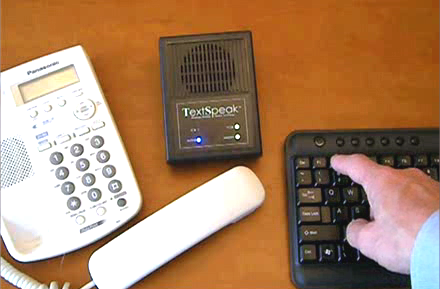
Technology is everywhere in modern work life. We teach different levels of technological capability, as well as teaching you how to use assistive technologies. This helps improve employability be allowing you to be more efficient. Some of the technology that we teach includes;
Types of Assistive Technology
Here are just some of the many types of assistive technology that can be beneficial in the workplace;
Office Technology
Just some of the many types of assistive office technology we teach and give advice on include;

- Ergonomic keyboards – minimise discomfort and strain in hands, wrists, shoulders and back. These keywords can also be adapted to fit your individual needs.
- Screen readers – identifies what is on your screen and reads it to you.
- Screen magnifiers – used to make text on screen bigger.
- Voice recognition software – allows you to operate your computer with your voice.
- Screen clips – holds paper in place to decrease neck strain whilst typing from printed document.
- Microphone headsets – helps to reduce head and neck strain whilst talking on the phone.
Non-Office Technology
If you’re not looking for an office job, then there are other types of assistive technology for more practical jobs, including;
- Adapted hand tools – if you aspire to be a carpenter, joiner or work in any profession that requires hand tools, there are specialist tools available that aid with grip.
- Outdoor mobility aids – outdoor mobility aids are essential if you’re looking to work in a profession that’s going to see you having to move over uneven terrain.
- Work vehicle modifications – modifications can be made to workplace vehicles, including; lifts and hoists. Modifications can even be made to tractors and other farming vehicles, as well as to the steering wheel if you have difficulties with grasping.
As mentioned before, these are just some of the many types of assistive technology we can teach you to use. Get in contact today and allow us to come up with a personalised learning plan for you.
Other Assistive Technology
There are also other types of technology that can make a workplace more
Accessibility Technology – this includes wheelchair ramps, lifts and anything else that makes it possible to access a building or office.
Automatic doors – automatic doors can be beneficial for people with poor motor skills who may be unable to open doors with ease.
Bathroom aids – bathroom aids such as railing and emergency alarm can be added to the workplace or disabled toilets can be added if the space allows for it.
Assistive Technology Classes for Employers and University Staff
These classes are mainly used by students, however, we are more than encouraging of employers and university staff to take these courses too. A better knowledge and understanding can never hurt and we find that this can be beneficial for disabled students/employees when the people supportingthem have an idea of how to assist them.
Funding for Assistive Technology
 Access to Work Funding has been set up by the UK Government in order to help more people with disabilities find a job and get into the workplace. This funding will generally cover essential assistive technology based on the persons needs and the existing conditions of the workplace – for example, an office on the ground floor with ramp access will not require a lift.
Access to Work Funding has been set up by the UK Government in order to help more people with disabilities find a job and get into the workplace. This funding will generally cover essential assistive technology based on the persons needs and the existing conditions of the workplace – for example, an office on the ground floor with ramp access will not require a lift.
The fund helps employers make dramatic cost cuts when they introduce assistive technology into the workplace. The funding can also be used to workplace adaptations, transport and interpreters.
Employers will have to pay a fee to get access to this, but once they do, there are a whole host of savings and benefits to the scheme, for both employers and disabled employees.
